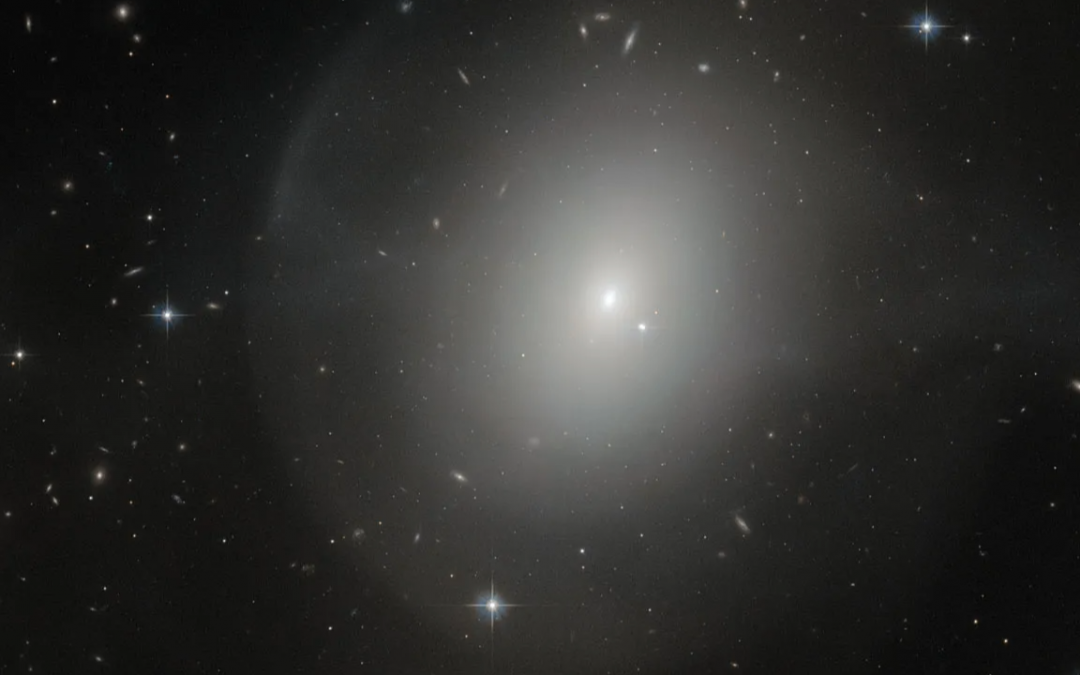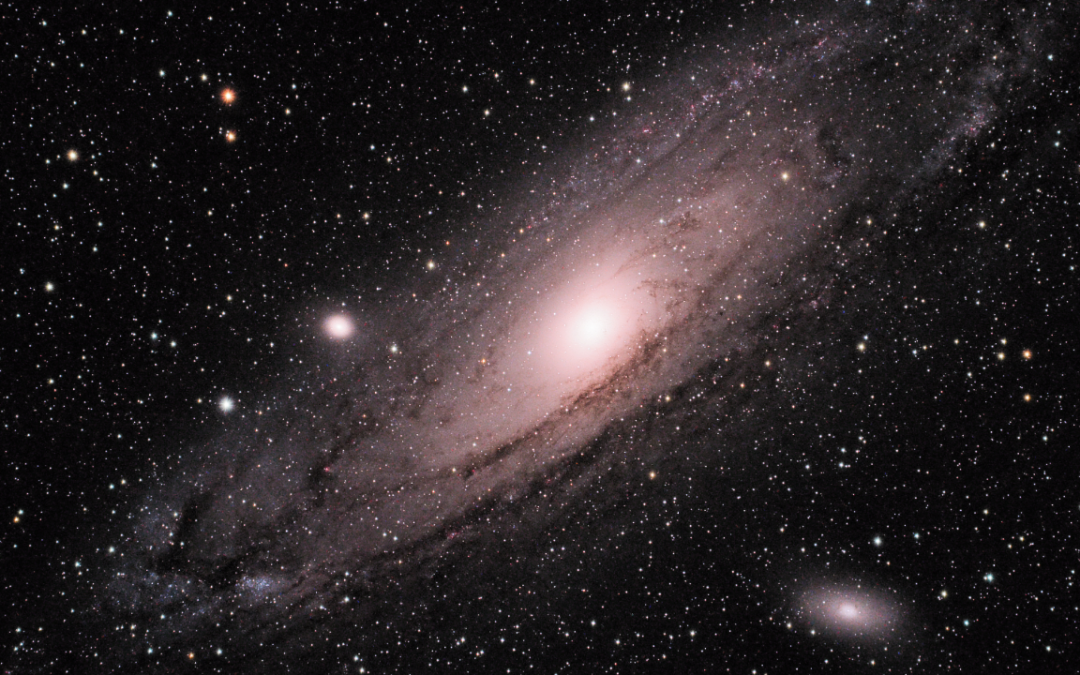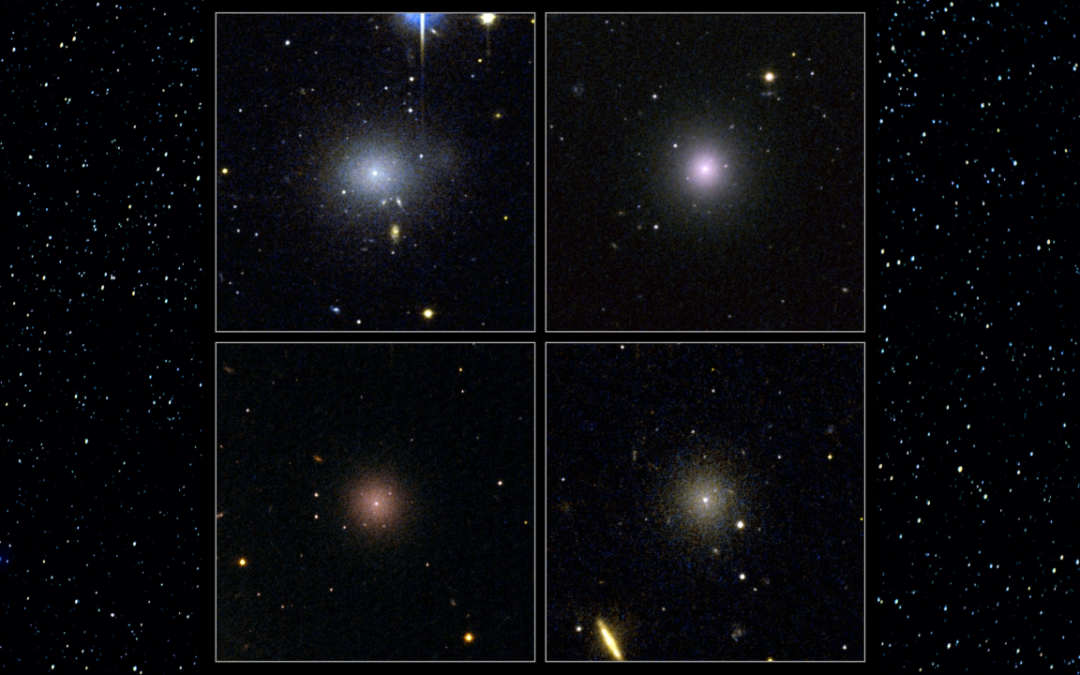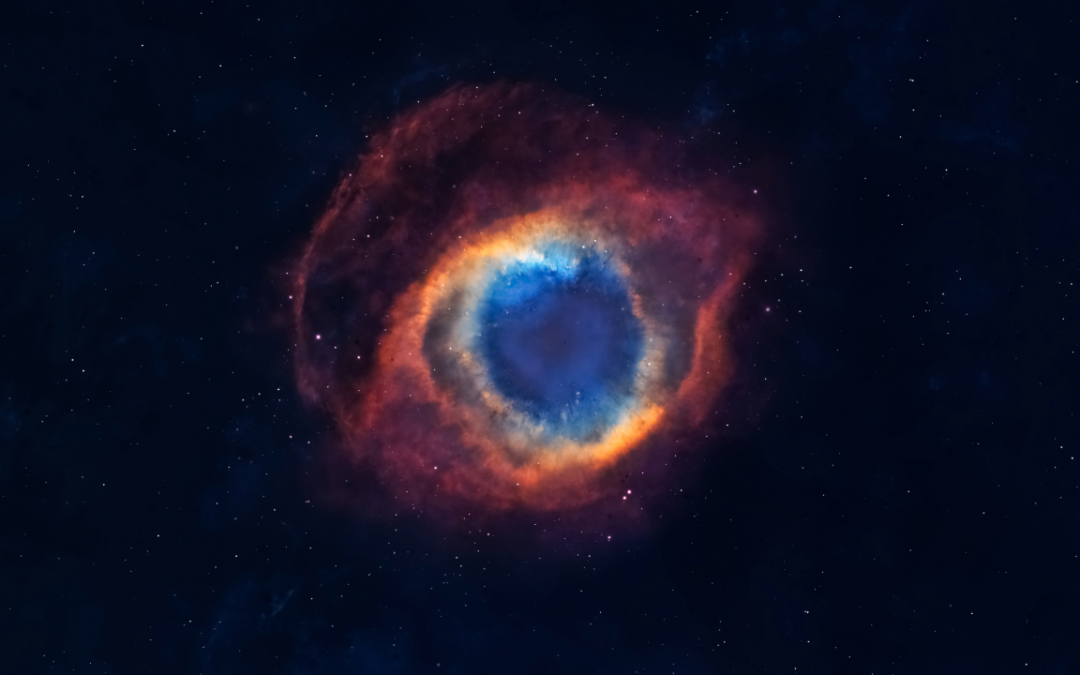Our galaxy series continues with elliptical galaxies. Unlike other types, these are large, smooth with very few distinguishing features. They’re filled with red and dead stars, a clue to their evolution. Listen Show Notes This episode discusses Elliptical Galaxies,…












